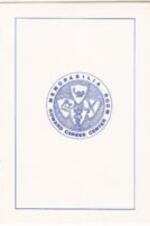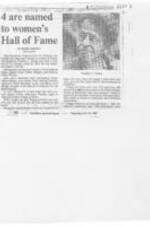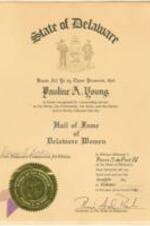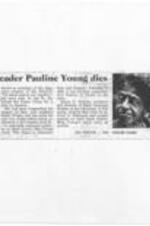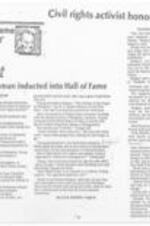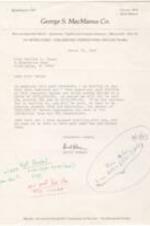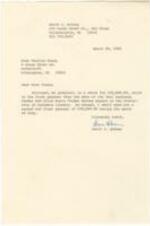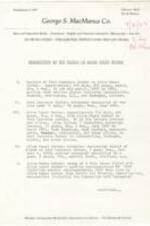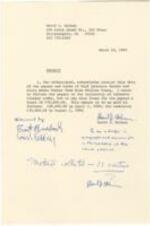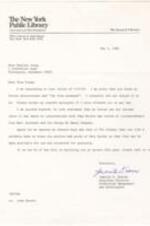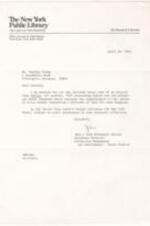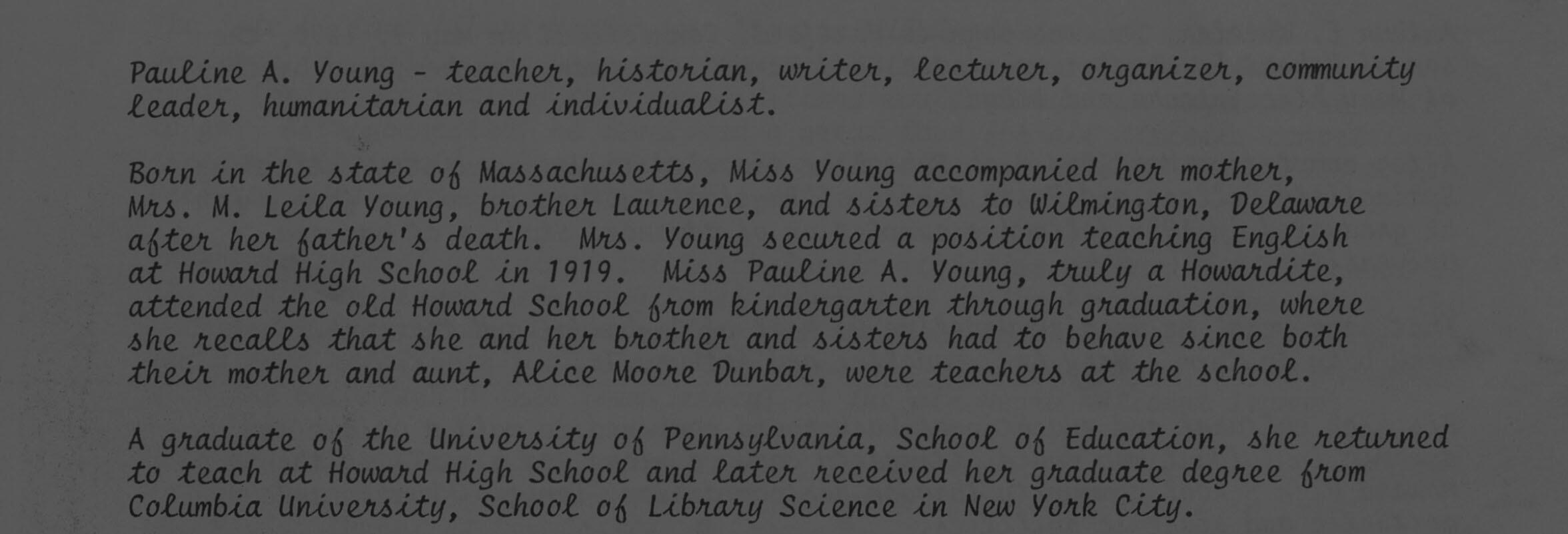
Sep 26, 2023
Pauline A. Young Papers
Pauline Alice Young, a distinguished educator, librarian, historian, and civil rights activist, was born in 1900. Her impactful career included teaching, lecturing, and extensive community involvement. Young's lifelong commitment to equality and civil rights advocacy left an indelible mark on Delaware, earning her numerous awards and a place in the Hall of Fame of Delaware Women in 1982.
At the AUC Robert W. Woodruff Library we are always striving to improve our digital collections. We welcome additional information about people, places, or events depicted in any of the works in this collection. To submit information, please contact us at DSD@auctr.edu.


![Portrait of Paul and Alice Dunbar [in frame].](https://radar.auctr.edu/sites/default/files/styles/list_card_image/public/externals/75a548166d215789460751c6e2620d4a.jpg?itok=fn-TkBsz&pid=auc.063:0002&iic=true)
![Portrait of Paul and Alice Dunbar [frame removed].](https://radar.auctr.edu/sites/default/files/styles/list_card_image/public/externals/4adee564c7186e31b4b78b763e4cbf5d.jpg?itok=0Fo1htnv&pid=auc.063:0003&iic=true)
